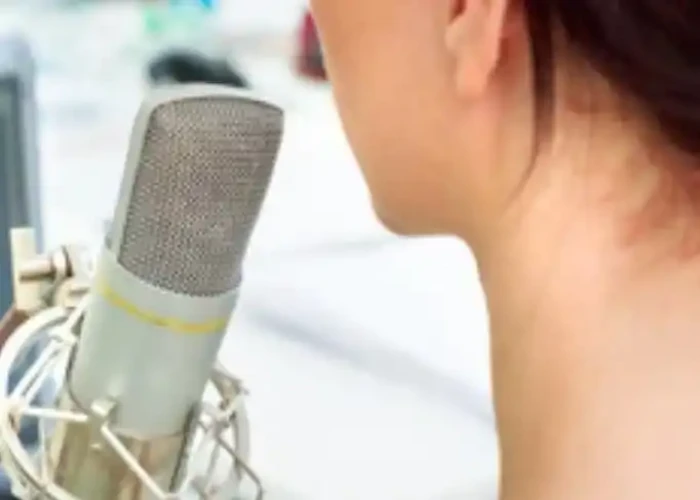 Welcome
Welcome
“May all be happy, may all be healed, may all be at peace and may no one ever suffer."
Vocal cord paralysis
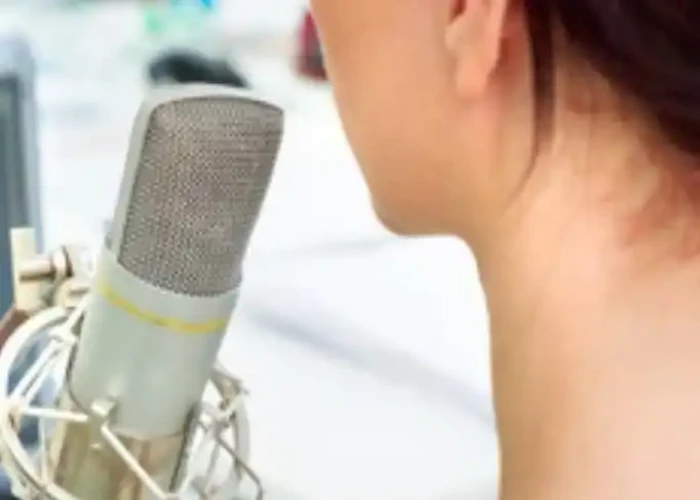
Vocal cord paralysis is a condition that occurs when one or both of the vocal cords in the larynx (voice box) do not move properly. The vocal cords are two bands of muscle that are responsible for producing sound and helping to protect the airway during swallowing. When one or both of the vocal cords are paralyzed, it can result in hoarseness, weak or breathy voice, difficulty speaking or swallowing, and coughing or choking.
The most common cause of vocal cord paralysis is damage to the nerves that control the vocal cords, which can occur due to surgery, trauma, a viral infection, or a neurological disorder such as Parkinson's disease or multiple sclerosis. Other causes may include a tumor or growth on the vocal cords or in the chest, a lung or thyroid surgery, or certain medications or toxins.
Diagnosis of vocal cord paralysis may involve a physical examination of the throat, laryngoscopy (a procedure to view the vocal cords with a special instrument), and imaging tests such as CT or MRI scans.
Treatment of vocal cord paralysis depends on the underlying cause and the severity of the condition. In some cases, the vocal cords may recover on their own over time, while in others, treatment may involve voice therapy, surgery, or the use of a speech aid device. In cases where the paralysis is caused by a tumor or growth, the underlying condition may need to be treated to relieve pressure on the vocal cords.
With appropriate treatment, most individuals with vocal cord paralysis are able to improve their speaking and swallowing abilities and return to normal activities. However, in some cases, the condition may be permanent and require ongoing management to minimize symptoms and prevent complications.
Research Papers
Disease Signs and Symptoms
- Hoarseness
- Loud snoring (Noisy breathing)
- Loss of vocal pitch
- Inability to breathe
Disease Causes
Vocal cord paralysis
In vocal cord paralysis, the nerve impulses to your voice box (larynx) are disrupted, resulting in paralysis of the muscle. Doctors often don't know the cause of vocal cord paralysis. Known causes may include:
- Injury to the vocal cord during surgery. Surgery on or near your neck or upper chest can result in damage to the nerves that serve your voice box. Surgeries that carry a risk of damage include surgeries to the thyroid or parathyroid glands, esophagus, neck, and chest.
- Neck or chest injury. Trauma to your neck or chest may injure the nerves that serve your vocal cords or the voice box itself.
- Stroke. A stroke interrupts blood flow in your brain and may damage the part of your brain that sends messages to the voice box.
- Tumors. Tumors, both cancerous and noncancerous, can grow in or around the muscles, cartilage or nerves controlling the function of your voice box and can cause vocal cord paralysis.
- Infections. Some infections, such as Lyme disease, Epstein-Barr virus and herpes, can cause inflammation and directly damage the nerves in the larynx.
- Neurological conditions. If you have certain neurological conditions, such as multiple sclerosis or Parkinson's disease, you may experience vocal cord paralysis.
Disease Prevents
Disease Treatments
Treatment of vocal cord paralysis depends on the cause, the severity of symptoms and the time from the onset of symptoms. Treatment may include voice therapy, bulk injections, surgery or a combination of treatments.
In some instances, you may get better without surgical treatment. For this reason, your doctor may delay permanent surgery for at least a year from the beginning of your vocal cord paralysis.
However, surgical treatment with bulk injections containing collagen-like substances is often done within the first 3 months of voice loss.
During the waiting period for surgery, your doctor may suggest voice therapy to help keep you from using your voice improperly while the nerves heal.
Voice therapy
Voice therapy sessions involve exercises or other activities to strengthen your vocal cords, improve breath control during speech, prevent abnormal tension in other muscles around the paralyzed vocal cord or cords and protect your airway during swallowing. Occasionally, voice therapy may be the only treatment you need if your vocal cords were paralyzed in a location that doesn't require additional bulk or repositioning.
Surgery
If your vocal cord paralysis symptoms don't fully recover on their own, surgical treatments may be offered to improve your ability to speak and to swallow.
Surgical options include:
- Bulk injection. Paralysis of the nerve to your vocal cord will probably leave the vocal cord muscle thin and weak. To add bulk to a paralyzed vocal cord, a doctor who specializes in disorders of the larynx (laryngologist) may inject your vocal cord with a substance such as body fat, collagen or another approved filler substance. This added bulk brings the affected vocal cord closer to the middle of your voice box so that the opposite functioning and moving vocal cord can make closer contact with the paralyzed cord when you speak, swallow or cough.
- Structural implants. Instead of using a bulk injection, this procedure — known as thyroplasty, medialization laryngoplasty or laryngeal framework surgery — relies on the use of an implant in the larynx to reposition the vocal cord. Rarely, people who have this surgery may need to have a second surgery to reposition the implant.
- Vocal cord repositioning. In this procedure, a surgeon moves a window of your own tissue from the outside of your voice box inward, pushing the paralyzed vocal cord toward the middle of your voice box. This allows your unimpaired vocal cord to better vibrate against its paralyzed partner.
- Replacing the damaged nerve (reinnervation). In this surgery, a healthy nerve is moved from a different area of the neck to replace the damaged vocal cord. It can take as long as six to nine months before the voice improves. Some doctors combine this surgery with a bulk injection.
- Tracheotomy. If both of your vocal cords are paralyzed and positioned closely together, your airflow will be decreased. In this situation, you'll have a lot of trouble breathing and require a surgical procedure called a tracheotomy.
- In a tracheotomy, an incision is made in the front of your neck and an opening created directly into the windpipe (trachea). A breathing tube is inserted, allowing air to bypass the immobilized vocal cords.
Emerging treatments
Linking the vocal cords to an alternative source of electrical stimulation — perhaps a nerve from another part of the body or a device similar to a cardiac pacemaker — may restore opening and closing of the vocal cords. Researchers continue to study this and other options.
Disease Diagnoses
Disease Allopathic Generics
-
Vitamin B1, B2 & B6
নার্ভের উন্নতির জন্য। ১টি এ্যাম্পুল ও ১সিসি করে ঔষধ প্রত্যহ বা ২/৩ দিন পর পর মাংসে ইনজেকশন দিতে হবে।
-
Ibuprofen
1 pill 3 times a day after meals.
-
Diclofenac Sodium
Diclofenac sodium medicine if pain is more.
1 pill 2 times a day after meals.
-
Almitrine Bismesylate + Raubasine
For disordered memory, imperfection in the brain. 1+0+1.
-
Thiamine Hydrochloride
1 pill 3 times a day.
Disease Ayurvedic Generics
Disease Homeopathic Generics
Disease yoga
Vocal cord paralysis and Learn More about Diseases

Neck pain

Schizotypal personality disorder
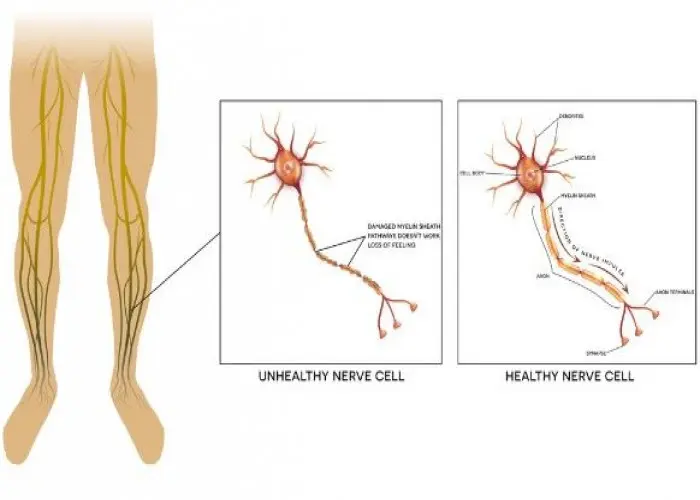
Diabetic neuropathy
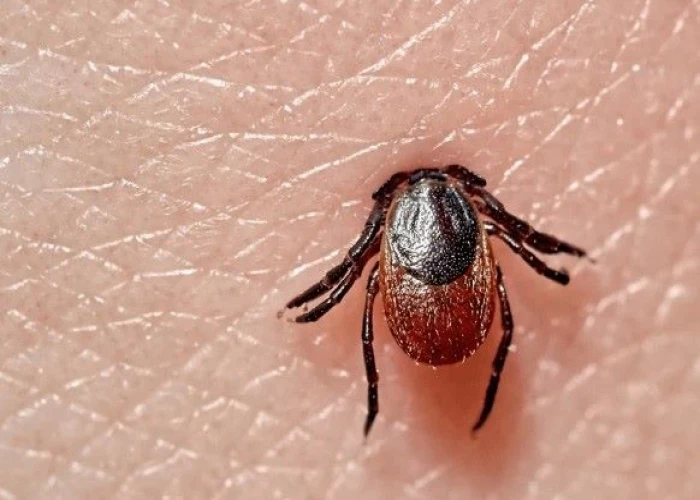
Lyme disease

Metabolic syndrome
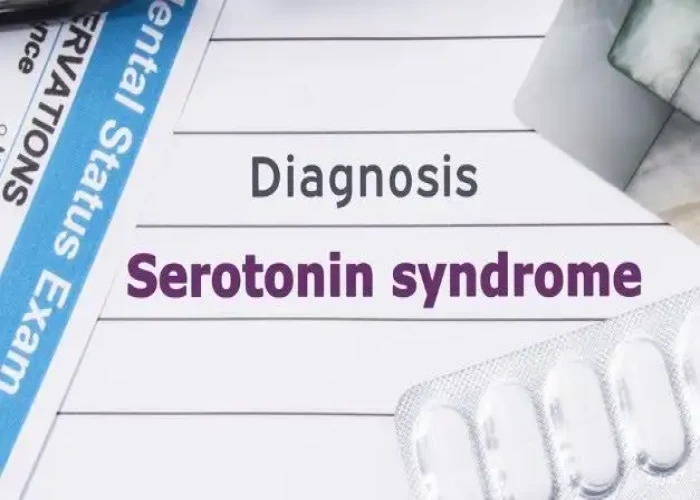
Serotonin syndrome

Ear infection (middle ear)
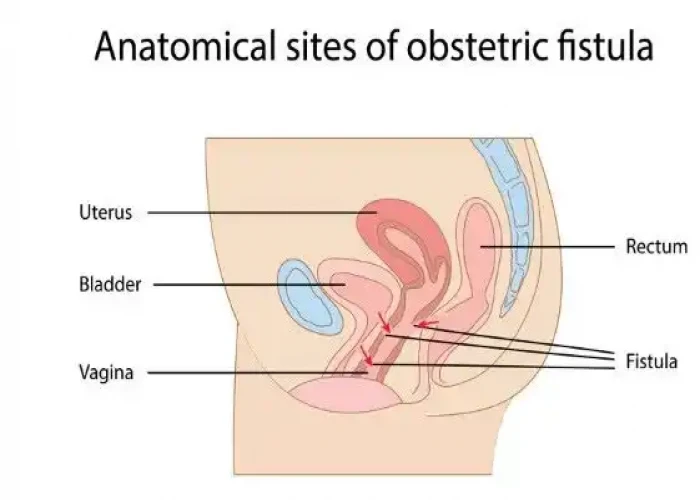
Vaginal fistula
vocal cord paralysis, ভোকাল কর্ড পক্ষাঘাত
To be happy, beautiful, healthy, wealthy, hale and long-lived stay with DM3S.
